As the federal government shutdown continues, significant impacts are beginning to emerge across key housing agencies and programs. While financial regulators remain fully operational, many housing-related services and federal support systems are slowed or partially suspended, creating uncertainty for lenders, servicers, and consumers.
Financial Regulators: Unaffected by Shutdown
Unlike most federal departments, major financial regulatory bodies do not rely on Congressional appropriations, allowing them to operate normally.
| Agency | Operational Status | Funding Source |
|---|---|---|
| CFPB | Open, but limited staffing | Funded by Federal Reserve |
| FDIC | Fully operational | Insurance fund & member fees |
| Federal Reserve | Fully operational | Independent funding |
| OCC | Fully operational | Supervision fees |
| NCUA | Fully operational | Credit union assessments |
Although technically open, the CFPB (Consumer Financial Protection Bureau) is operating with reduced staffing, despite being funded independently — a result of internal administrative limitations rather than the shutdown itself.
Regulators Urge Flexibility for Affected Borrowers
Federal banking agencies have encouraged financial institutions to offer relief to borrowers impacted by the shutdown, including:
- Fee waivers
- Loan modifications
- Payment extensions
- Short-term bridge loans
Rep. Maxine Waters (D-CA) has also urged regulators to ensure lenders show flexibility, noting the shutdown’s effect on households “through no fault of their own.”
Housing Programs Facing Disruption
While regulators remain stable, housing agencies — especially HUD and USDA — are experiencing program slowdowns. The Mortgage Bankers Association (MBA) outlined the following impacts:
HUD & FHA
| Program / Function | Current Status |
|---|---|
| FHA Single-Family Loans | Continuing – except HECM (reverse mortgage), Title I loans, and any requiring manual underwriting |
| HECM (Reverse Mortgage) | New endorsements paused |
| Multifamily Housing | Closings allowed only if Firm Commitments issued prior to shutdown |
| System Access (FHA Connection, etc.) | Available, but responses requiring HUD staff are delayed |
| FHA Partial Claims | Continuing |
| Condo Approvals (DELRAP) | May proceed |
Housing Counseling offices are closed, meaning no grant processing or technical support.
VA Home Loan Program
The VA Loan Guarantee Program continues using carryover funds. However, if the shutdown persists, delays in Certificates of Eligibility (COE) and property value determinations may occur — as seen during the 2013 shutdown.
USDA Rural Development (Single-Family Housing)
Most USDA mortgage operations are halted, including loan guarantees and processing. Only limited activities tied to construction draws or foreclosure prevention will continue.
This pause could significantly delay closings in rural housing markets reliant on USDA loan approvals.
Secondary Market Entities – Fannie Mae, Freddie Mac, FHLBs
Fannie Mae, Freddie Mac, and Federal Home Loan Banks remain operational. However, indirect delays may occur if they rely on verifications from affected federal agencies (such as IRS or SSA).
Internal Revenue Service
- Income Verification Services (IVES & RIVS) — classified as exempt and remain active
- IRS may furlough up to 50% of staff if shutdown continues
- Mortgage lenders may face delays in tax transcript requests over time
Social Security Administration
Historically, SSA halts SSN verification services during shutdowns — potentially complicating some mortgage underwriting processes unless eCBSV automation mitigates the impact.
National Flood Insurance Program (NFIP)
The NFIP authorization expired on September 30. While existing policies remain in force:
| Impact | Result |
|---|---|
| New Policies | Cannot be issued during lapse |
| Renewals/Changes | Restricted |
| Real Estate Closings | At risk of delay or cancellation |
In previous lapses, over 1,400 home sale closings were delayed daily due to lack of flood insurance availability.
Conclusion
- Financial markets remain stable due to independent funding of regulatory bodies.
- Mortgage originations and closings tied to HUD, USDA, HECM, and flood insurance are at risk of delay.
- Lenders should prepare for verification bottlenecks and borrower hardship requests.


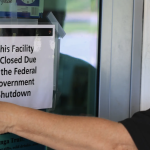






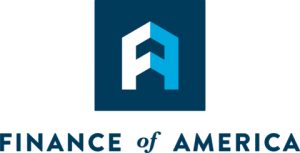

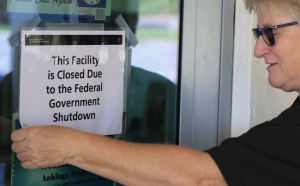

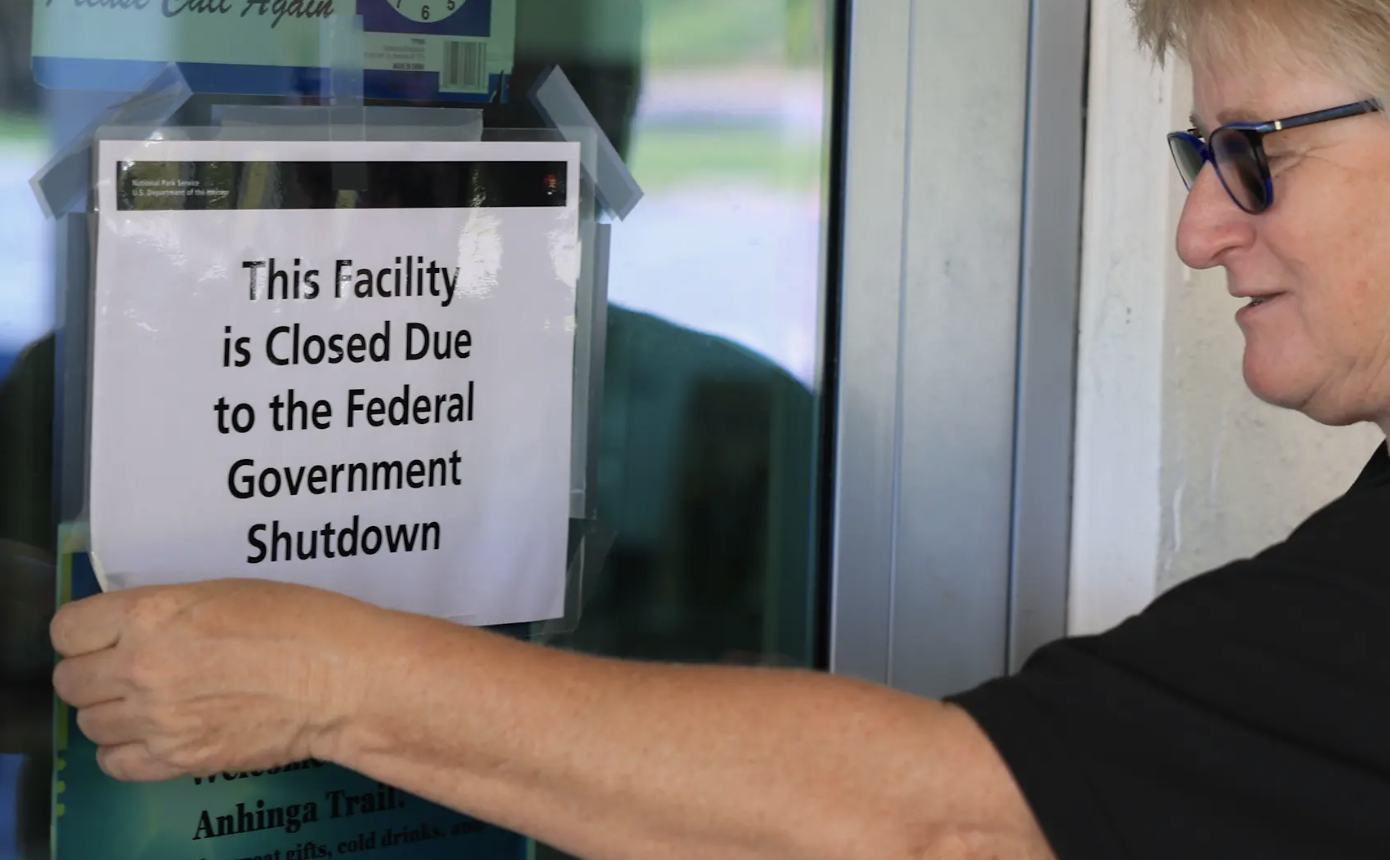
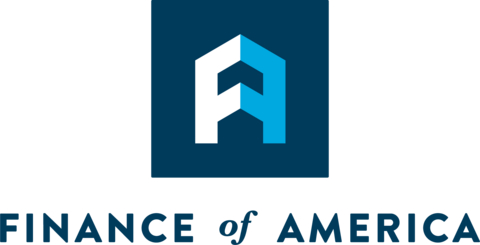


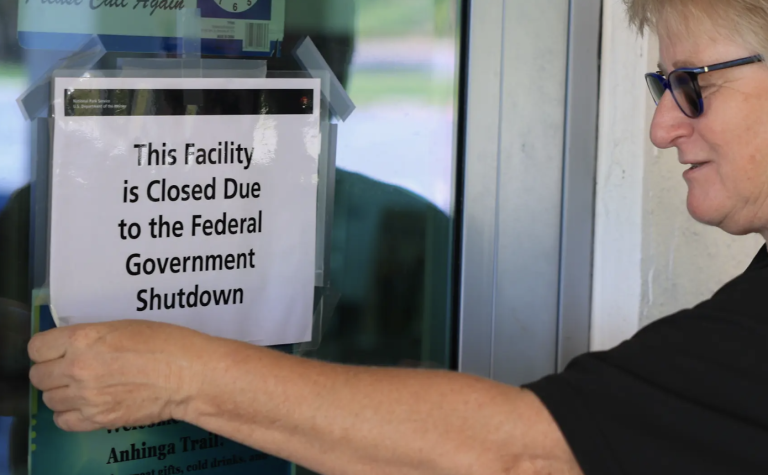



+ There are no comments
Add yours